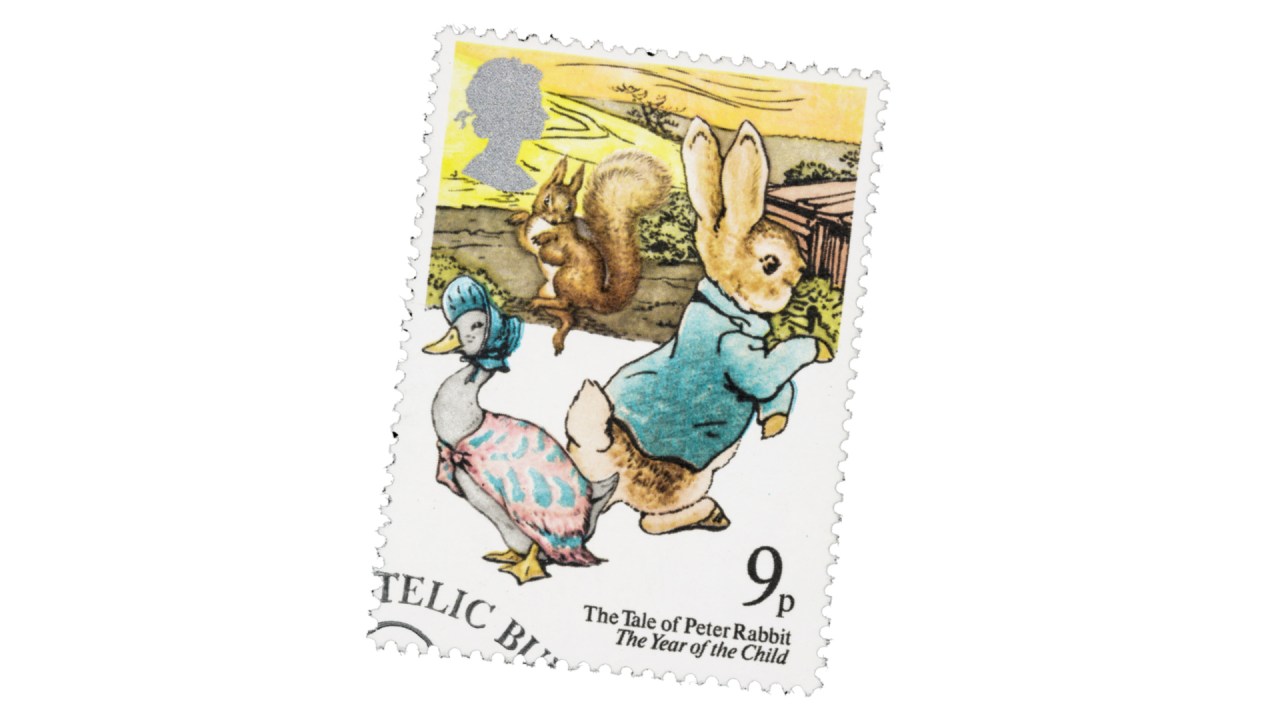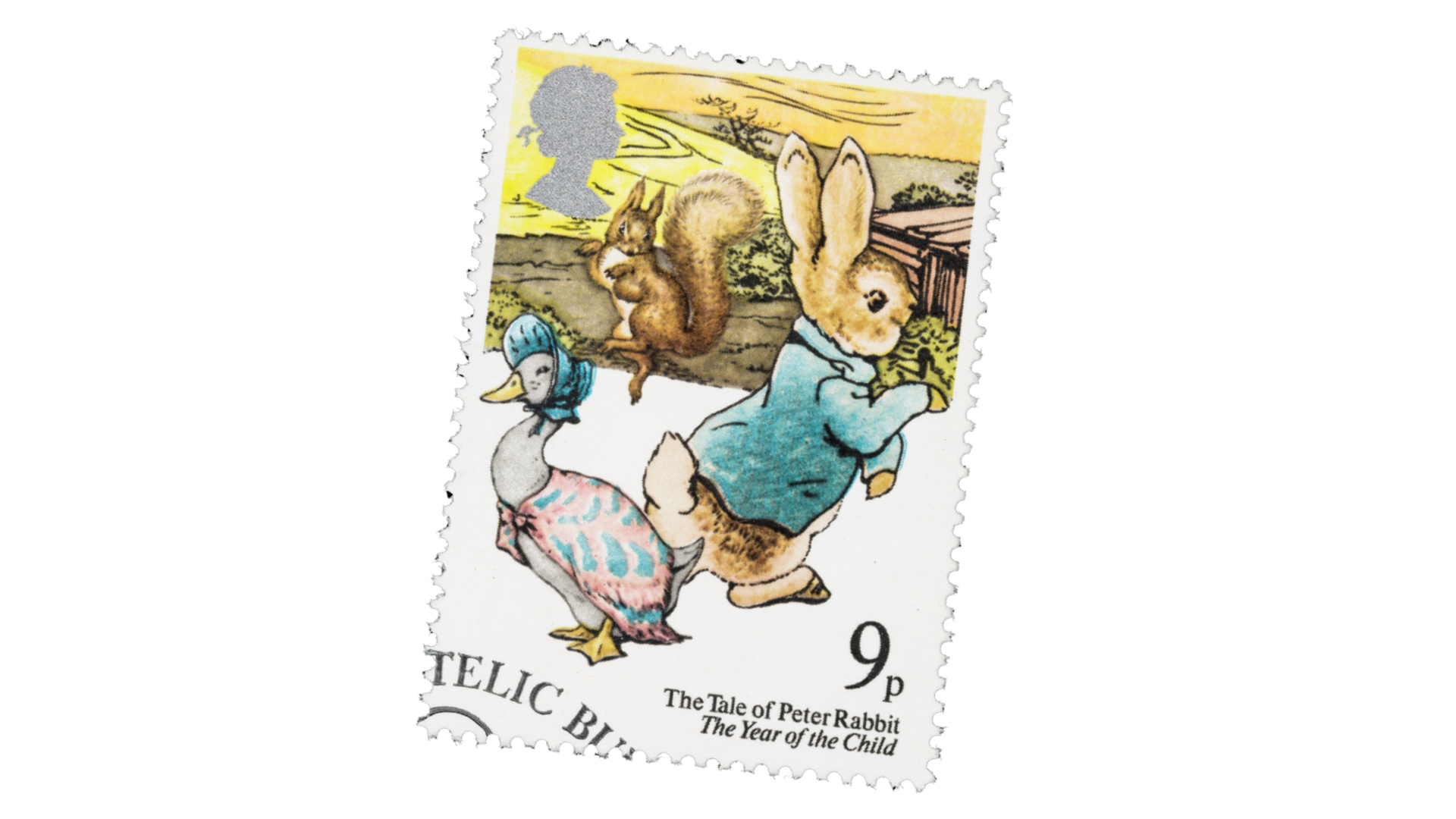I spoke too soon. Beatrix Potter, I suggested in an afterword to my 2016 biography of the author and illustrator, had escaped the distortions of sexual and racial revisionism that now blight so many eminent and long-dead British writers. But no longer.
Last week a specialist in postcolonial literature at a northern university accused Potter of failing to acknowledge her indebtedness to an oral storytelling tradition of enslaved Africans working on American plantations. Welcome, please, a new Potter for the 21st century: exploitative, colonialist, dishonest. Potter’s concealment, claims Dr Emily Zobel Marshall, ‘[feeds] into a damaging and recurring appropriation of Black cultural forms that continues today’.
Blimey. Zobel Marshall’s hypothesis rests on a comparative reading of several of Potter’s children’s books and the Brer Rabbit stories published by American folklorist Joel Chandler Harris, beginning in the 1880s, which celebrate the cunning of a trickster rabbit whose misdemeanours, like those of Peter Rabbit, include stealing food. Chandler Harris had firsthand experience of the slave community’s storytelling tradition from his time on a Georgia plantation in the early 1860s. Potter, by contrast, was brought up in cloistered mid-Victorian respectability in South Kensington. Dominating her childhood were the social anxieties of her fretful mother and gadfly father, both of them inheritors of very recent fortunes based on their own fathers’ graft, canniness and – oh, joy – cotton, some of it American in origin.
For Zobel Marshall, it’s too good a coincidence to ignore. Correctly she points out that Chandler Harris’s stories had not been published when Potter, born in 1866, was a child. She concludes that Potter’s knowledge of the Brer Rabbit tales ‘was a result of her family roots in the cotton industry’. So easily in 2023 is a reputation scuppered.
At this point, I admit my Potter partisanship. In writing about Potter, I felt that I shared my life with her for several years, not a minute of which dampened my admiration for her. Like anyone else who has examined Potter’s letters, journal and a clutch of illustrations she made in the 1890s for Brer Rabbit stories, I am well aware that she not only read but was influenced by Chandler Harris’s retellings of these plantation tales that also, in some instances, include borrowings from Native American folktales. She explained to her publisher in 1911 her view that the ‘principal defect’ of her The Tale of Mr Tod was its ‘imitation’ of Chandler Harris’s Uncle Remus, comforting herself that since British children would be unable to get to grips with the ‘Negro vernacular’ of the Uncle Remus/Brer Rabbit stories, there could be no question of direct plagiarism.
For Zobel Marshall, Potter’s crime is her failure to make a similar statement of indebtedness on Mr Tod’s dust jacket, and those of the tales of Peter Rabbit, Benjamin Bunny et al. No matter that Potter similarly failed to publicise the origins of The Tale of Johnny Town-Mouse in Aesop’s fable of ‘The Town Mouse and the Country Mouse’, a story that also emerged from an oral storytelling tradition in a slave-owning culture – indeed, Aesop himself is described by both Herodotus and Aristotle as a slave in Samos. Greek slavery is not Zobel Marshall’s concern.
If Zobel Marshall’s is a reasoned protest, it is also, on several levels, unreasonable. Potter was intensely interested in folk tales, nursery rhymes and fairy stories: she went on reading them long beyond childhood. She was almost 30 when she made her first Brer Rabbit illustration and 45 when she worried about Mr Tod. No evidence suggests, as Zobel Marshall hazards, that she encountered Chandler Harris’s stories through her grandfather’s connections to cotton growing, with its links to slavery. Nor will the average reader accept Zobel Marshall’s claim that a storyline involving food theft, like Peter Rabbit’s escapades, must be ‘directly linked to the need for enslaved people to steal food from their masters to survive’. Across the British countryside boys and girls have stolen fruit from orchards since time immemorial. Presumably rabbits, who do not always share British views on property rights, are even more culpable in this area.
Writers’ work is, and must be, susceptible to scrutiny, evaluation, interpretation. The quality and enduring popularity of Potter’s work keeps her in modern sight lines. Does she deserve castigation for cultural appropriation? The answer is the same as it must be for any artist or storyteller: not when that criticism has any foundation in supposition.







Comments